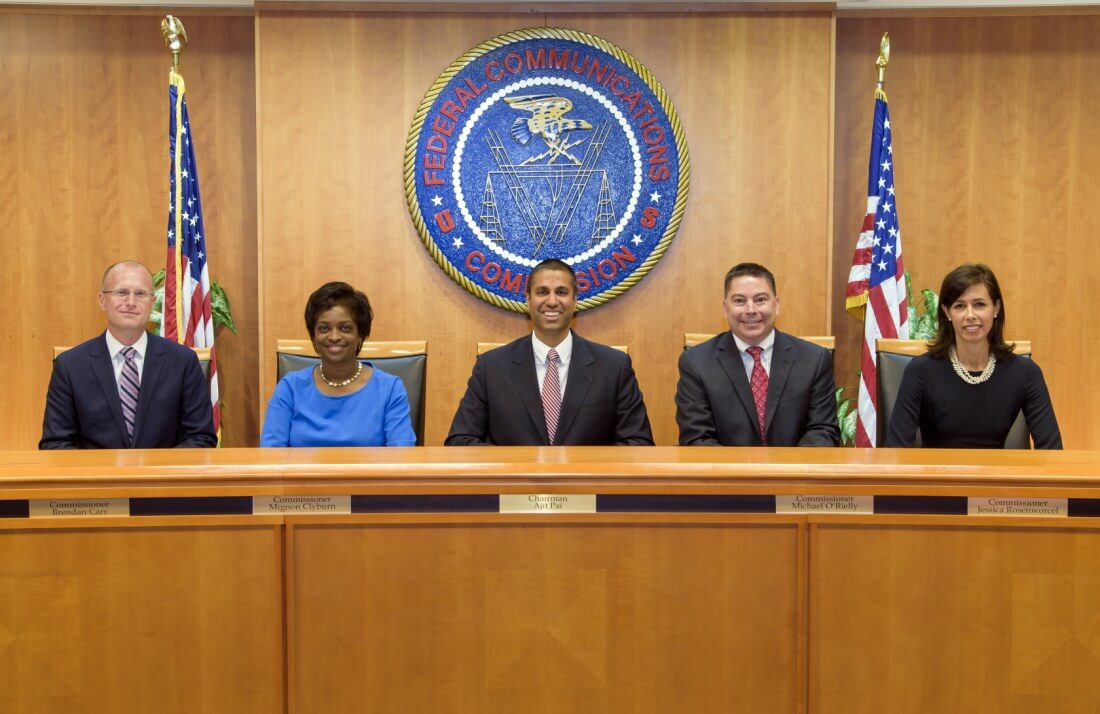What just happened? Whatever your feelings may be about the FCC's past decisions, there's no denying its latest move is a consumer-friendly one. The FCC yesterday adopted new rules designed to prevent "unscrupulous" phone companies from placing unauthorized charges on your phone bill, a process they refer to as "cramming." They also banned phone companies from changing your preferred cellular provider without your consent.
If you've ever been confused about unauthorized charges on your phone bill, you wouldn't be alone.
While these sorts of charges have been illegal for some time now, the FCC never had official rules in place to prevent it from happening, so some less-than-ethical companies have taken full advantage of the loophole.
That's changing now, though.
On Thursday, the Commission adopted a new set of consumer protections designed to prevent phone companies from "slamming" and "cramming." These terms refer to a cellular provider changing your preferred telephone company and placing unauthorized charges on your phone bill, respectively.
The following excerpt from the FCC's full press release explains how certain phone companies perform these actions:
Unscrupulous phone companies target vulnerable Americans by misrepresenting themselves on sales calls or fabricating a consumer's verification to switch service providers. Others go so far as to ask consumers to answer questions on an unrelated call and splice the responses into the alleged verification. And some simply cram charges on consumers' telephone bills for services that they never authorized
If you've mostly stuck to major phone providers like AT&T and Verizon, it's unlikely that you've ever run into the issues the FCC cites here.
However, there are certainly a few phone companies out there that look to take advantage of customers who either don't have much choice as far as phone providers go or who don't read the fine print of their service subscriptions.
Although the FCC under Commissioner Ajit Pai has made a few controversial decisions in the past, it's nice to see them adopt additional consumer protections now.
